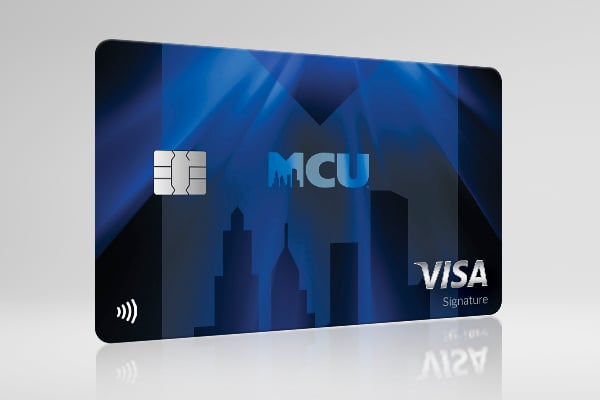Don’t Get Hooked: Spotting Phishing Scams in the City That Never Sleeps
New Yorkers know hustle when we see it — but in the digital world, scammers have their own kind of hustle, and it’s called phishing.
Phishing scams are sneaky attempts to trick you into giving away sensitive information, like your passwords, credit card numbers, or account details. They look trustworthy, sound urgent, and often show up right when you least expect it. And in a city where your inbox never stops buzzing, it’s easy to mistake a fake for the real thing.
What Phishing Looks Like
- “Your account has been locked.” An email pretending to be from your credit card company or bank, urging you to “verify your information.”
- “Support disaster relief now.” Fake charities pop up after major events, asking you to donate through suspicious links.
- “Hey, check this out…” Messages from what looks like a friend or coworker — but clicking that link could install malware.
The danger? These emails and websites often look so polished, it’s nearly impossible to tell they’re fake at first glance.
NYC Street Smarts, Applied Online
Just like you wouldn’t hand your wallet to a stranger on the subway, you shouldn’t hand over personal info online without checking who’s asking. Here’s how to protect yourself:
- Slow down. Scammers thrive on urgency. If an email screams “immediate action required,” take a breath before clicking.
- Check the sender. Hover over the email address or link. If your “bank” is emailing you from a random Gmail account, that’s a red flag.
- Don’t click, type it yourself. If you get an alert from your credit union, card issuer, or favorite retailer, go directly to their official website instead of clicking links in the email.
- Beware of attachments. Unless you’re expecting it, don’t open attachments — even if it looks like it came from a friend.
- Trust your gut. If something feels off, it probably is.
Why It Matters Here in NYC
Phishing isn’t just an annoyance — it can drain your accounts, steal your identity, and compromise your security. And in a city where your time and money are everything, that’s not a risk worth taking.
The good news? With a few smart habits, you can stay ahead of the scammers.
At MCU, we’re committed to helping New Yorkers protect their hard-earned money — online and off.
👉 For more fraud prevention tips, visit our Fraud & Security Blog.
Because keeping you one step ahead of the scammers? We’re Here for It.
— Your MCU Team

 Previous Menu
Previous Menu






